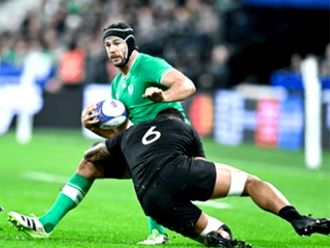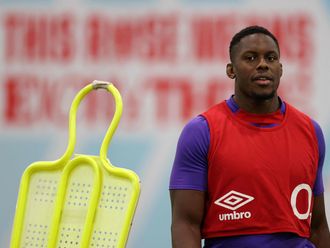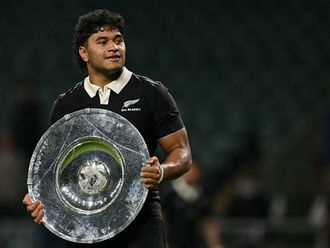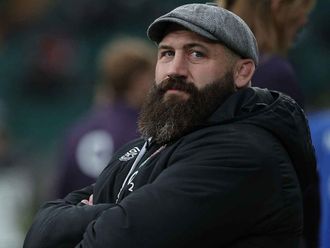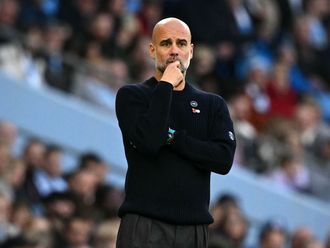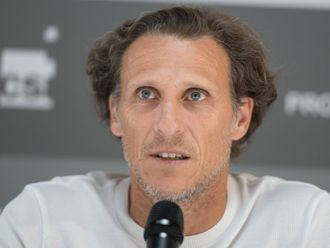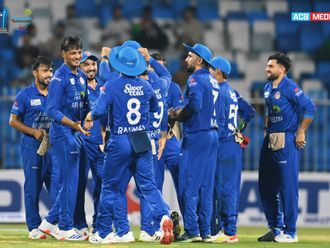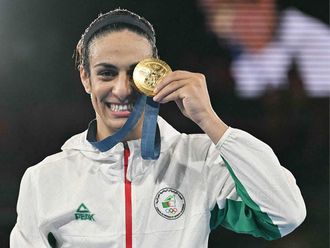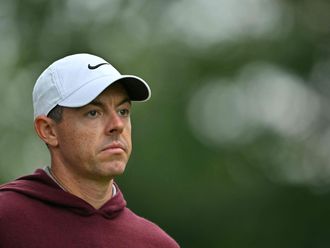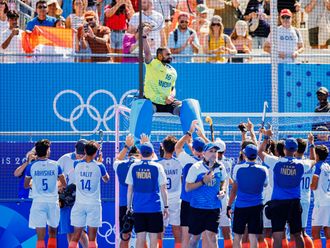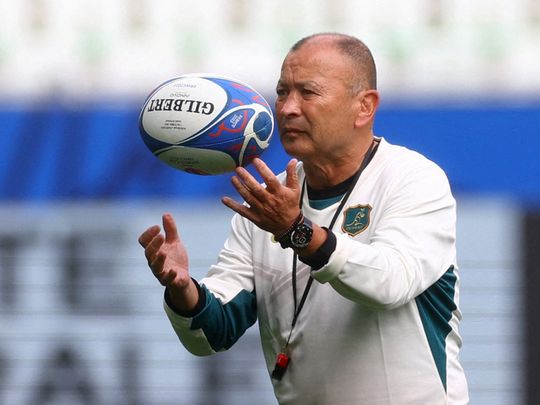
Tokyo: Eddie Jones has deep ties to Japan and led the country to its greatest rugby triumph, but the pugnacious Australian has plenty to prove after returning as head coach on Wednesday.
The 63-year-old is revered in Japan for masterminding their “Miracle of Brighton” win over South Africa at the 2015 World Cup, one of the sport’s biggest upsets.
But his reputation has taken a beating after a disastrous 10-month spell in charge of the Wallabies that saw them exit the World Cup at the pool stage for the first time.
That came after he was sacked as England’s head coach.
Jones is likely to get a warm welcome in Japan, where he has family ties and spent large chunks of his professional life.
Passion
Jones was born in Tasmania but his mother is a Japanese-American who was interned in a US camp after the attack on Pearl Harbor.
His wife Hiroko is Japanese, the pair having met when they were teachers in Sydney.
He told The Australian in a recent interview that being apart from her while she lived in Japan was causing problems.
“I think at 63 I don’t want to get divorced,” he said.
Jones first coached in Japan in the 1990s and returned to lead Tokyo Sungoliath in 2009, before taking over the national team three years later.
He maintained a presence in the country even after leaving to take the England job in 2015, with a long-term consultancy role with Sungoliath.
He recently told reporters in Yokohama that Japanese rugby had “always been my passion”.
Fiery relationship
A tough coach who bases a lot of his work on the application of science, Jones turned Japan into bulldog-fit competitors for the 2015 World Cup.
As well as the stunning triumph over South Africa, they also beat Samoa and the United States, but failed to advance past the group stage.
Their achievements sparked a wave of rugby fever in baseball-mad Japan, with Jones hailed a hero.
He was even hired as an adviser by Goldman Sachs Japan in the hope that he could reproduce his Midas touch in the world of finance.
Jones — who suffered a stroke in 2013 halfway through his Japan stay — left to become England’s first foreign coach, taking them to the 2019 World Cup final.
After a turbulent seven years there marked by numerous changes of playing and support staff, he was dumped in late 2022, only for the Wallabies to take the bait.
But his insistence on fast-tracking rookies at the expense of veterans badly backfired in high-pressure games, as did a revolving door of unproven captains.
His fiery relationship with Australian journalists didn’t help.
He told reporters to “go give yourselves uppercuts” before jetting off to the World Cup, a remark he later said he regretted.
Older and better?
Japan’s players are unlikely to find that he has mellowed.
His thirst for a challenge does not appear to have run dry either, telling reporters last month that he wants to implement major changes in Japanese rugby.
“You’re going to have to be courageous and you’re going to have to do things differently,” he said.
A tenacious hooker at his beloved Sydney club Randwick, Jones never made the Wallaby side as a player.
He came into his element as a coach, but his struggles with England and Australia have led some to question whether he still has the magic touch.
Jones though has never been one for self-doubt.
“In terms of experience and learning, the older you get, the better the coach you are,” he said recently.
“I am a much better coach than I was this time last year.”


